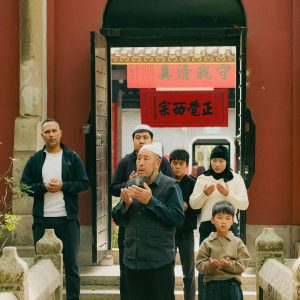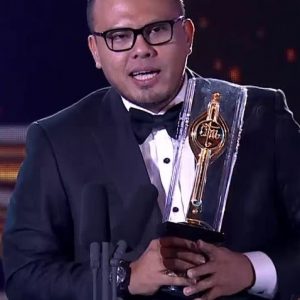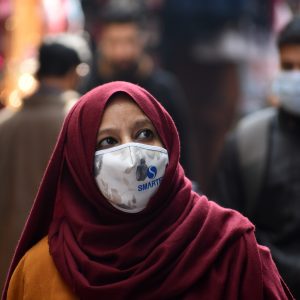Polls close in Uzbekistan constitutional referendum
Tashkent, Uzbekistan (AFP):
Polls closed across Uzbekistan on Sunday, ending a day of voting in the Central Asian nation in a constitutional referendum that could allow President Shavkat Mirziyoyev to remain in power until 2040.
Voting stations closed at 8:00 pm (1500 GMT), after being open for 12 hours. The Election Commission has to announce the result within 10 days.
Mirziyoyev, 65, became president in 2016 after the death of dictator Islam Karimov.
He insists the overhaul of the constitution will improve governance and quality of life in the landlocked Central Asian country of 35 million people, whose rights have long been heavily restricted.
But observers say Mirziyoyev is expected to benefit most in the majority-Muslim country.
The constitutional changes would extend presidential terms from five to seven years, allowing him to serve two more terms and extend his time in power until 2040.
The authoritarian reformer voted in the capital Tashkent with his family.
There is little doubt the amendments will be adopted, in a country where the media is heavily controlled.
The government has gone to some lengths to give the vote a veneer of legitimacy, enrolling local celebrities at large rallies and concerts to praise the proposals and the president.
The campaign appears to have worked.
“The new constitution will change my life,” Shamsiddin Zhurayev, a 40-year-old businessman, told AFP outside a Tashkent polling station.
“But I don’t really know in what way.”
Yet the prospect of Mirziyoyev clinging on to power unnerved some.
‘Copying Putin’
“Everything is done so that the president remains in power for life,” said 70-year-old pensioner Nurkhamil, who didn’t give his last name.
He conceded that Mirziyoyev had “made some reforms and tries to change things” but worried that the Uzbek leader is following in the footsteps of longtime Russian President Vladimir Putin.
“Our authorities are copying Putin’s system,” he said.
“They (leaders) are not eternal, you have to respect your people.”
Following Karimov’s death, Mirziyoyev spearheaded a series of reforms in Uzbekistan, including a clampdown on forced labour in the cotton fields.
But activists say rights abuses persist, and authorities have shown no sign of allowing a political opposition to emerge.
Last year, at least 21 people died during demonstrations in the autonomous region Karakalpakstan. Rights activists accused the authorities of using lethal force against the protesters.









